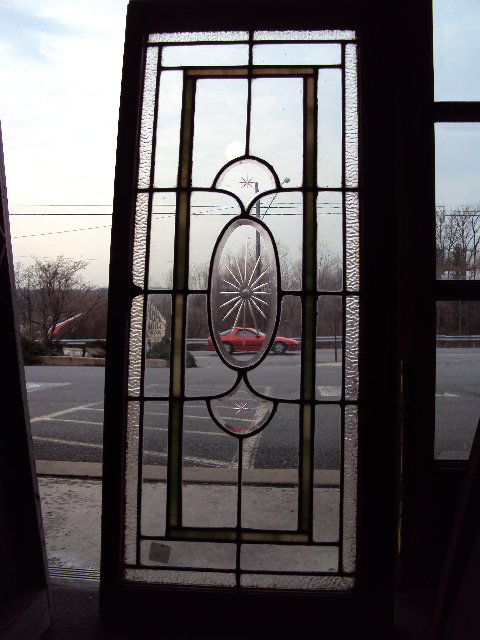

Ironically, Ranger is killed during a drive-by shooting just as heīegins to get his life together. Ranger, the son, has allowed the horror of Vietnam and his drugĪddiction to ruin his marriage and his relationship with his son. Life in San Francisco isn't all that great for the Evermanįamily.

Retrieved from īy Devorah Major Curbstone Press, May 2002 $15.95, ISBN 7-X

Why would I compare Rancourt’s work to the work of another female poet (especially one as canonized as Dickinson)? Why not Brian Turner, Yousef Komannyakka, Owen, Sassoon, insert name of another male poet who has written about war. Why am I more familiar with Dickinson than any story before her time, before white privilege erased the voices they didn’t want to hear. I would lie if I didn’t admit that my first impulse when writing a response to “murmurs at the gate” was to say “if Emily Dickinson went to war….” But Rancourt’s work is more deserving than a comparison to Dickinson, to the extent that the comparison discounts her work, because her work makes me question why it is that Dickinson comes to mind. Poet and storywriter Major returns, less forcefully, to the extended black family theme of An Open Weave (1995) in her second outing: a tale that conjures up a centuries-old ghost as narrator in detailing the tragic consequences of Vietnam, drugs, racism, and urban renewal in the decline of a once-thriving black community.


 0 kommentar(er)
0 kommentar(er)
